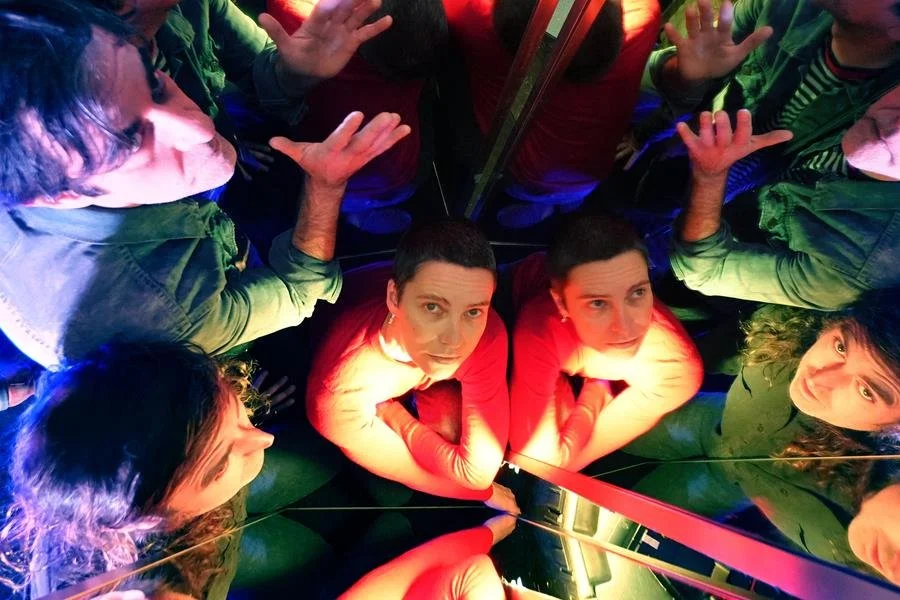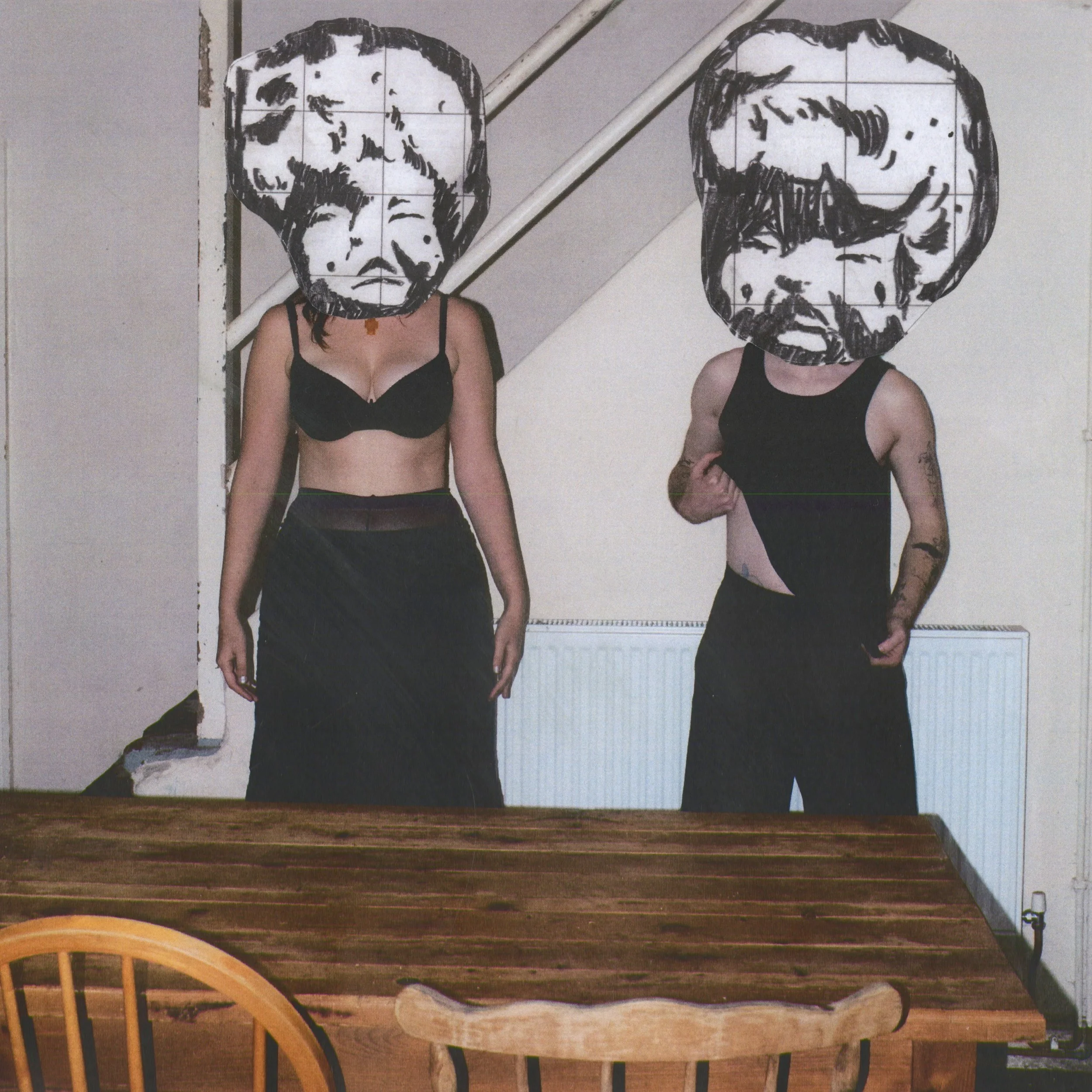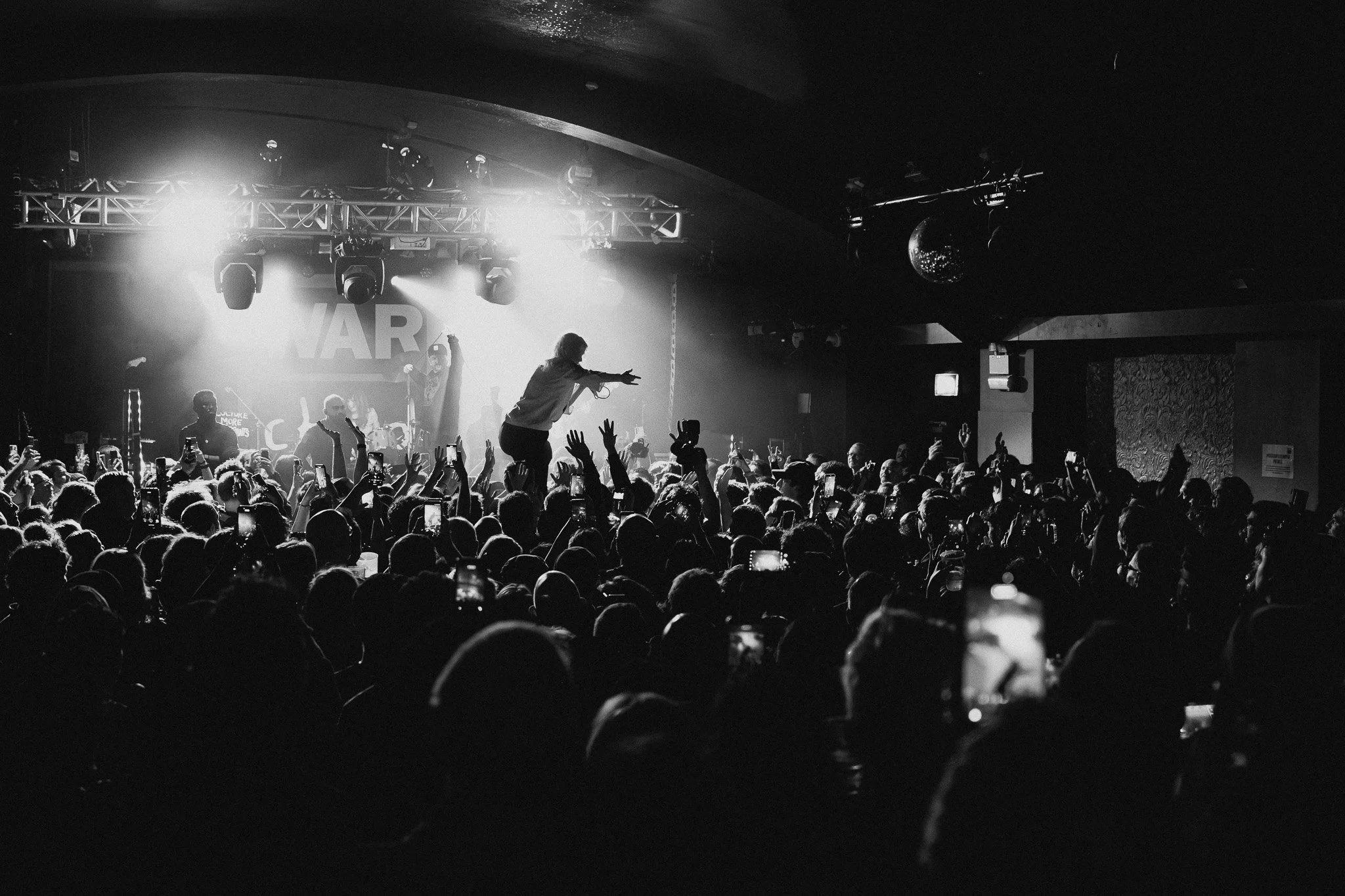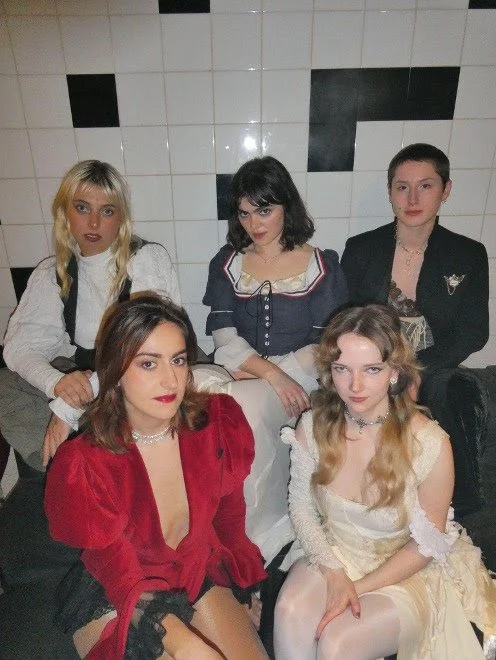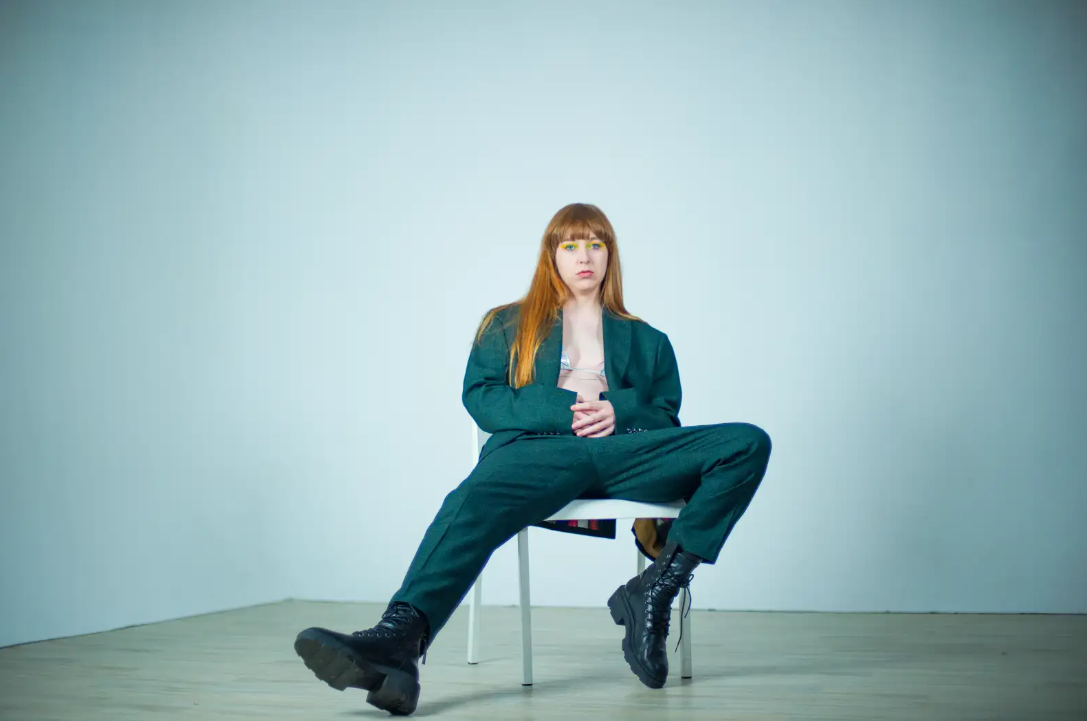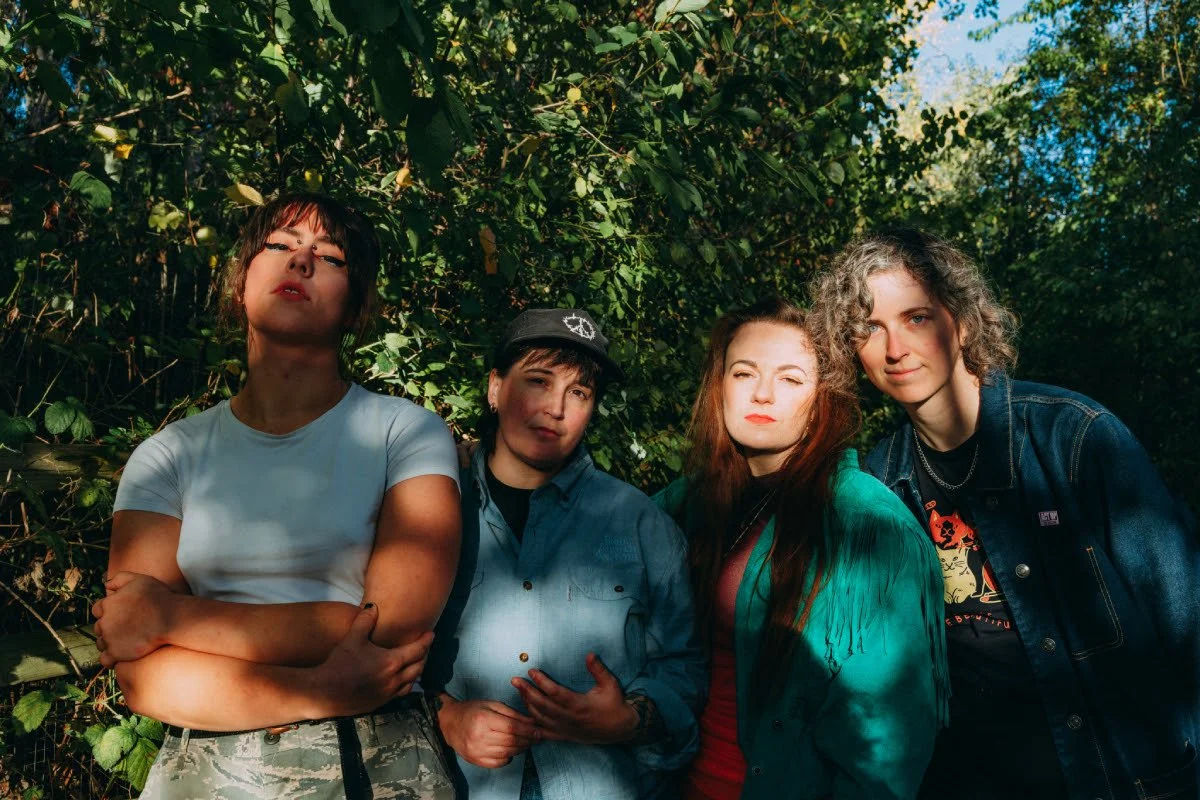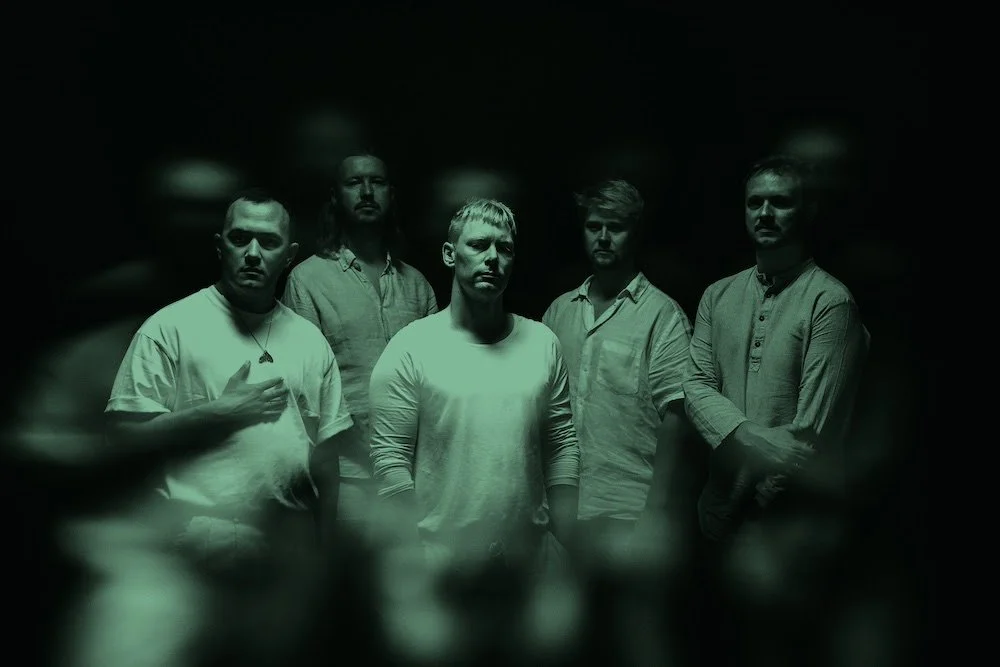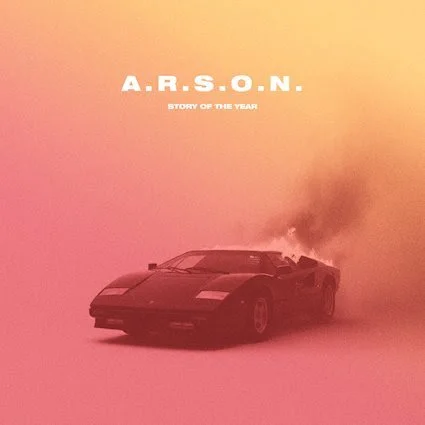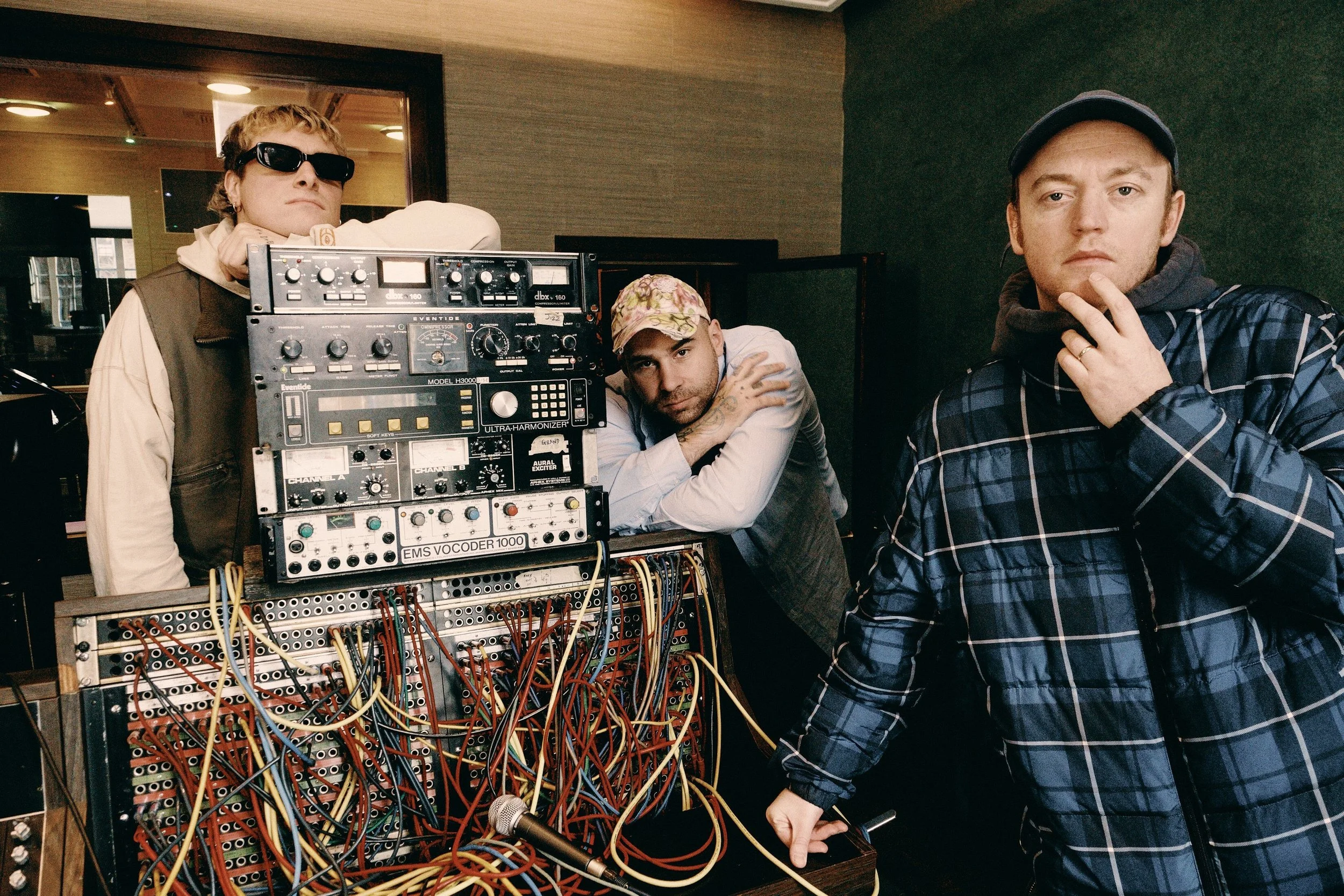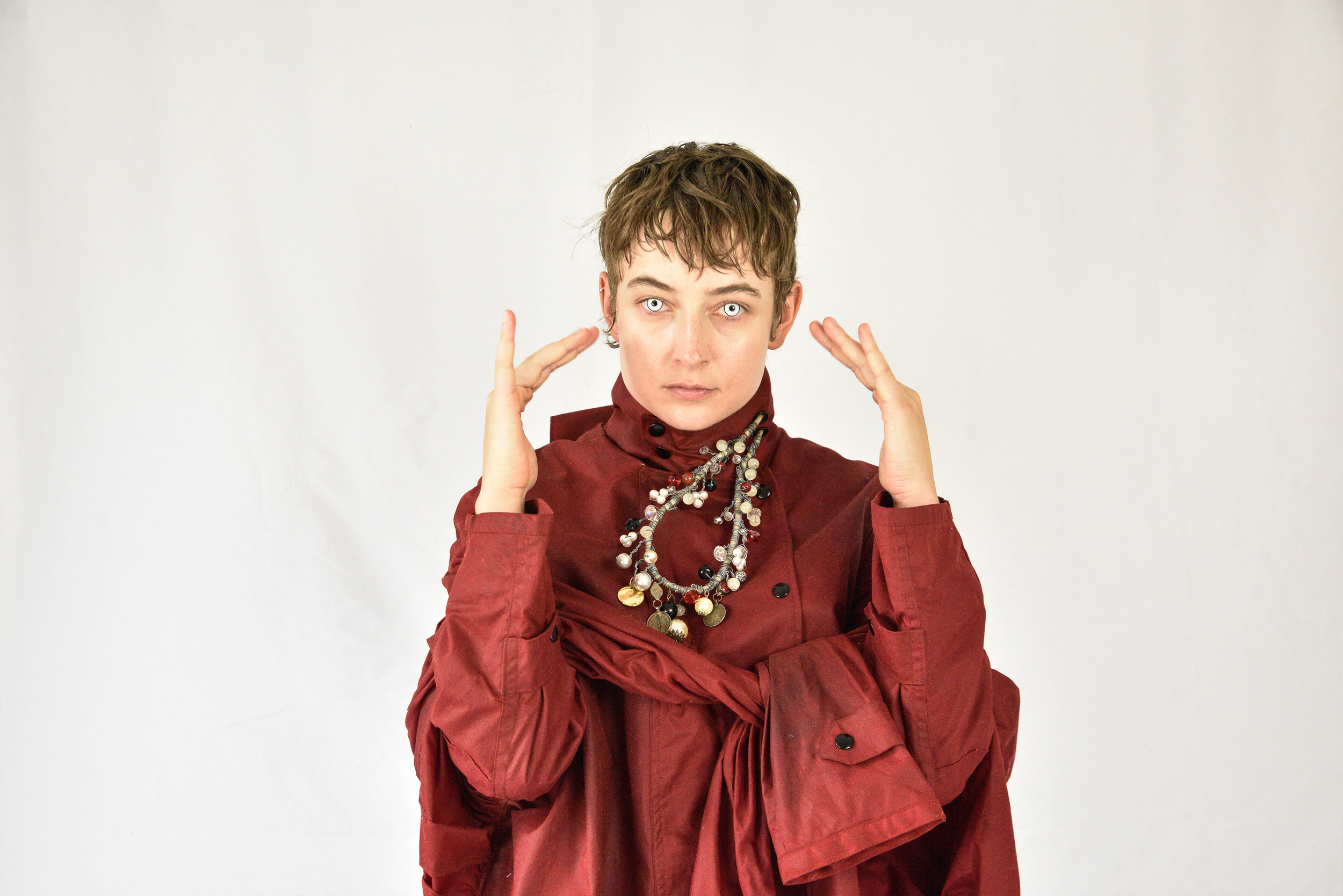Album Review: Manchester Orchestra - 'The Valley Of Vision'
The Atlanta quartet Manchester Orchestra are back with The Valley Of Vision, their most contemplative, introspective, and enigmatic piece of work to date.
Is it an album? Is it an EP? Is it a 26~ minute long auditory exploration into the human condition accompanied by a 180-degree VR film? Read on and find out…
Manchester Orchestra have always dealt with the sublime, based a lot of their music around questioning everything. Even their heavier numbers — ‘Shake It Out’ from 2009’s Mean Everything To Nothing, the title track of 2011’s ‘Simple Math’ — are pre-disposed with the ethereal, the former focussing on religion while the latter revolves around the spiritual implications of an affair. Recently however that’s kicked into overdrive, as both 2017’s A Black Mile To The Surface and the more recent The Million Masks Of God can attest; particularly The Million Masks Of God, an eclectic yet altogether mesmerisingly stunning collection exploring a man’s brush with death, ranging from the acoustic and transcendent (‘Let It Storm’, ‘Telepath’) to the anthemic (‘Bed Head’) and the downright intense (‘Angel Of Death’).
The Valley Of Vision is no different. It’s a little calmer, perhaps, a little more peaceful — but it’s no less thoughtful, Andy Hull’s beatify-worthy vocals slowly circling the hazy, meandering beauty of the soft instrumentals seen throughout the six-song mini-album.
From that first second you hit play you’re transported. It becomes a concerted effort not to simply lose yourself, to vanish into the ether, as a gentle piano line and inaudible murmurings give rise to Andy’s echoing voice, fading into nothingness as he sings. Even as the track softly builds, the vocals taking on an impassioned intensity, harmonising with themselves until just a gentle crooning remains, the song retains its subdued sublimity.
That’s ‘Capital Karma’, and that’s track one.
Every song has that same level of beauty. As ‘Capital Karma’ fades into ‘The Way’, the piano becoming slightly more upbeat, an electronic drum only helping the track lull you before Hull’s hushed vocals explode into an anthemic, cathartic bridge; ‘Quietly’, meanwhile, sounds almost confessional — whispered vocals over only the most meandering and melancholy instrumentals, gentle synths (and what sounds like a xylophone!) blending with the now ever-present piano. Until, of course, the track hits roughly the half-way mark; suddenly, it’s like a switch has been flipped - the track gains this sort of inexorable insistence, this need to build, words rushing over each other and getting louder and louder, the instrumentals faster and faster, never stopping, with a bit of the electronic magic from ‘Keel Timing’ and ‘Bed Head’ thrown in for good measure, until they all blend together, a harsh cacophony of noises and sounds — and then they stop, and it’s time for ‘Letting Go’ instead.
‘Letting Go’ exists in a weird space in the context of the album. In any other piece of work — particularly one as profound and all-consuming as something created by Andy Hull, Andy Prince, Robert McDowell and Tim Very — ‘Letting Go’ would be the breather. Melancholy synth gives way to an almost monotoned Andy, with more priority and focus being given to the drum fills and electronic backdrop, resting just on the wrong side of coherence, than on Andy’s reverberating voice, before giving way to the acoustic ‘Lose You Again’.
Having the rare distinction of being the only track on the mini-album/ grand-EP with a guitar, a sentence that in and of itself feels weird given Manchester Orchestra’s typical instrumental repertoire, the stripped back song sees dual harmonies intertwining with the synths and delicate guitar — almost perfect as the closer to the expansive project.
Except it’s not the perfect closer, because that comes in the form of ‘Rear View’.
If you’ve listened to Manchester Orchestra, you know that the four of them don’t hold back when it comes to the ending track on each album. ‘The Silence’, ‘The Internet’; ‘Cope’, ‘Jimmy, He Whispers’. And so, too, do the band leave everything in the studio with ‘Rear View’. This six minute epic, for the most part, is near-devoid of instrumental adorning — we’re just treated to Andy’s delicate crooning, flitting between hopeful, full of emotion, and practically broken; the only other sounds to be heard are the odd reverberation, a sprinkling of almost angelic choir parts; until, with a minute left, the drums suddenly kick in, bringing with them snippets of radio transmissions and Andy’s impassioned wailings, before a final little bridge, somewhere between despondent and resigned, sees the project, finally, fade into nothingness.
The Valley Of Vision is a 26-minute masterpiece. There’s just so much grace and beauty packed into it that you won’t be able to help but fall in love with, even as it makes you feel the entire range of emotions — love, loss, and everything in between. It’s at once both inherently, intensely intimate, and effortlessly, expansively large. The only flaw is that it ends.
Notably, as well as being accompanied by a new film — hence the ‘Vision’ part of the name! — directed by Isaac Deitz, the release of this project has been marked by a string of incredibly acoustic, and special shows… though most of them are already sold out, not least of which are the two acoustic Union Chapel shows in London this coming May. But who knows? Set up that Twickets alert, keep an eye on Ticketswap, join the various waiting lists -- this won't be one to miss.
A fantastic band that just keep getting fantastic-er. Welcome to The Void Of Vision.
Words by James O’Sullivan

